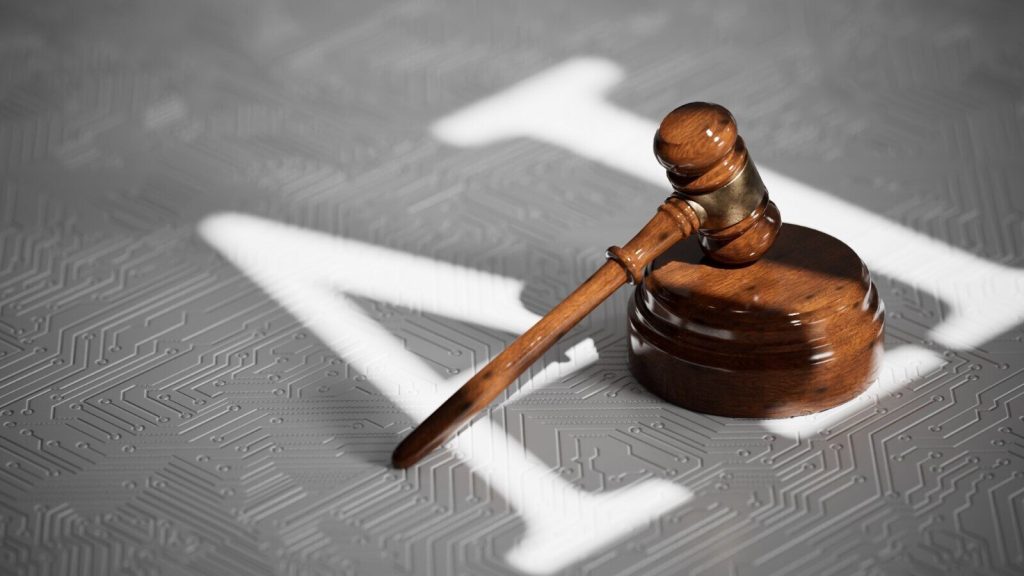Voltaire and William Ralph Inge may have differed on whether originality was nothing but undetected plagiarism or judicious imitation. Tarantino openly proclaimed that he steals from every movie he has seen, while David Bowie had famously remarked that he only studied art he could steal from.
No human being is born inherently creative. Our creativity is fostered by the literature, art and various cultural stimuli that we consume. Every original work of art, literature or music that we create is invariably influenced by the countless works we have experienced.
Yet, we reward this perceived originality as creativity, granting copyright protections to such works that are deemed original. Historically, the copyright industry emerged as a powerful force during the Industrial Revolution, significantly contributing to wealth creation and democratizing access to knowledge.
Also Read: Generative vs. Creative: A court verdict on AI training has exposed an Anthropic-shaped chink in US copyright law
Amid this focus on protection and reward, we sometimes overlook the core aim of copyright law, which is to encourage access to knowledge. Our legal systems already include measures such as copyright term limits, fair dealing and compulsory licensing provisions.
The generative artificial intelligence (GenAI) disruption has re-ignited this age-old debate. GenAI models can generate content, whether it is text, imagery or video, that looks substantially like copyright content, even if such models were not trained on copyright-infringing data.
Copyright laws have never stifled human cognition and creation. They only protect expressions, not ideas. Students could learn the process of creating art or literature by copying works at home or school. Copyright laws, at least in practice, only kick into action when such work is exposed to the public.
Why shouldn’t we apply the same standards when it comes to cognition and creation by GenAI models, which happen at the instance of a user within the confines of a digital device? If we argue that GenAI, a non-deterministic technology, should be prevented from producing outputs merely because these might infringe copyright, we are equating the act of machine cognition with infringement itself.
This is akin to stopping human imagination, which is inherently counterproductive to human progress. If artists constantly self-censor their creative process for fear of copyright infringement, we might avoid infringement altogether, but also kill innovation that produces groundbreaking art.
Also Read: Pay thy muse: Yes, AI does owe royalties for stolen inspiration
Instead of penalizing a GenAI developer or deployer for producing content that resembles existing works, if the AI model has been responsibly trained, we should shift our focus towards dissemination as the key point of accountability. Accountability should lie in the act of disseminating content generated by artificial intelligence.
If a large language model (LLM) produces a work similar to an existing creation in response to a user’s input, should the developer/deployer be held liable? Probably not, if the model was trained on copyright-compliant data or if it was not designed to perpetrate infringement.
Instead, liability should lie with the individual or organization that chooses to (i) create this work using prompts and (ii) distribute the same to the public. It is at the point of dissemination of this work that the harm of copyright infringement arises.
This nuanced approach promotes access and innovation and is in line with how courts have dealt with copyright laws and new technology. For instance, in the classic Betamax decision, which dealt with video tapes, US courts refused to impose liability on the technology provider merely because users could use it to infringe copyright. Most copyright laws also allow temporary copies—such as in the case of search engines—for purposes of communication to the public, as it does not amount to any direct economic harm to copyright owners.
Also Read: Rahul Matthan: AI models aren’t copycats but learners just like us
Our copyright framework must evolve for GenAI tools to distinguish between the cognition process, whether human or artificial, and dissemination. It should regulate unauthorized distribution and not creation. This approach enables AI-driven creativity without stifling innovation and ensures that accountability remains firmly anchored in human agency. Such a recalibration of our copyright law can ensure it continues to reward creativity while fostering access.
The author is partner in the technology, media and telecom, practice at Trilegal.

